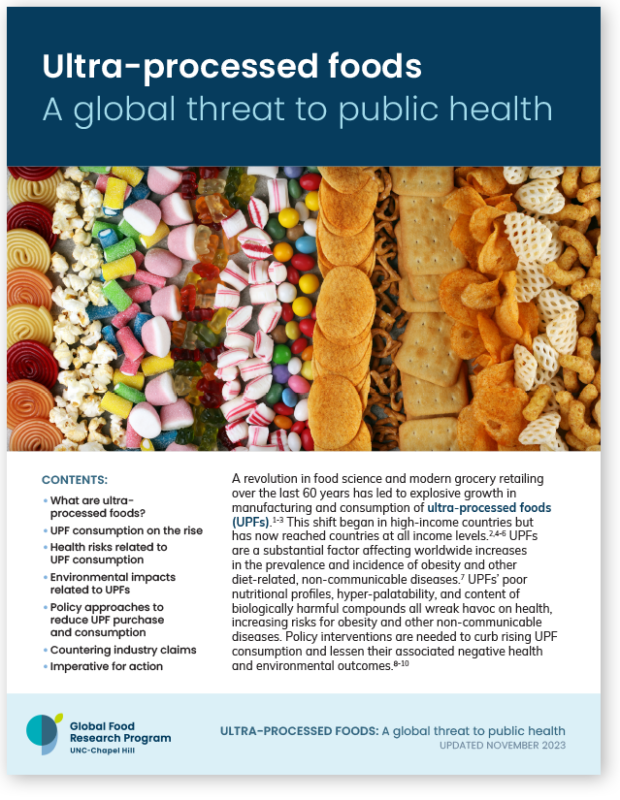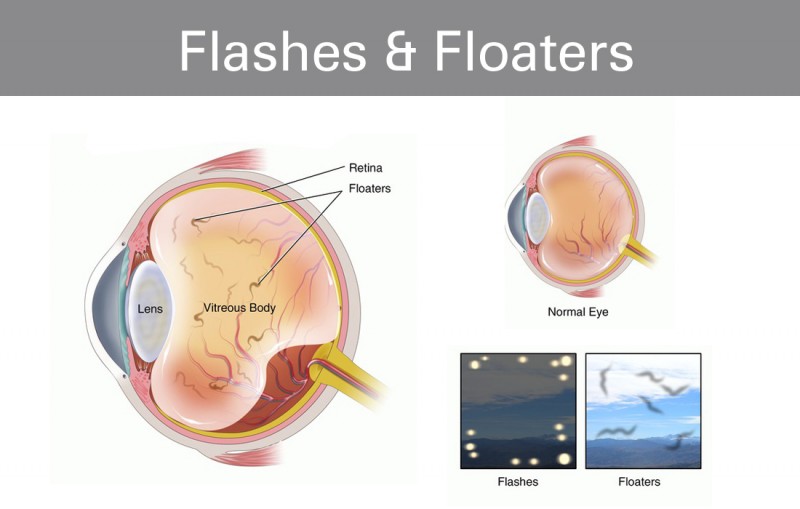Navigating the Impact of Ultra-Processed Foods on Global Health

The Alarming Rise of Ultra-Processed Foods
Ultra-processed foods have become a major public health concern, with experts warning of their harmful effects on global health. The production and consumption of these foods have increased dramatically over the past few decades, and it's not hard to see why. They're often cheap, convenient, and taste great. However, the consequences of a diet dominated by ultra-processed foods are dire.
The Devastating Health Impacts
These foods are linked to harm in every major human organ, according to a recent study. The list of potential health risks is alarming, including obesity, type 2 diabetes, cardiovascular disease, and even certain types of cancer. The science is clear: ultra-processed foods are not just empty calories; they're a recipe for disaster.
A Global Problem
The global rise in ultra-processed foods is attributed to their widespread availability and aggressive marketing. They're everywhere, from supermarkets to online platforms, and are often marketed as healthy or convenient options. However, the reality is that these foods are designed to be addictive, making it difficult for consumers to resist their allure.
What's Being Done?
Governments and health organizations are starting to take notice of the issue, with some implementing policies to limit the sale and marketing of ultra-processed foods. However, more needs to be done to address this growing public health crisis.
Health Risks Associated with Ultra-Processed Foods
Ultra-processed foods have become a staple in many diets around the world, but their impact on health is a growing concern. These foods are made from a multitude of ingredients, often including added sugars, salt, and unhealthy fats, which are known to have detrimental effects on health when consumed excessively.
The Link to Chronic Diseases
Consumption of ultra-processed foods is associated with an increased risk of chronic diseases, including heart disease, diabetes, and certain cancers. The high levels of unhealthy ingredients in these foods contribute to inflammation, oxidative stress, and other pathways that lead to disease development. For instance, the excessive sugar in ultra-processed foods can lead to insulin resistance, a precursor to type 2 diabetes. Similarly, the high salt content can lead to hypertension, a major risk factor for heart disease.
Nutritional Deficiencies
Ultra-processed foods are often high in calories but low in essential nutrients. The processing of these foods can lead to the loss of vital vitamins, minerals, and fiber, making them a poor choice for meeting daily nutritional needs. Regular consumption of ultra-processed foods can lead to obesity and other health issues, as these foods are designed to be hyper-palatable, encouraging overeating.
The Impact on Gut Health
The processing of ultra-processed foods not only strips them of nutrients but also affects their impact on gut health. A diet high in these foods can disrupt the balance of gut bacteria, leading to changes in metabolic and immune function. This disruption, known as dysbiosis, is linked to a range of health issues, including obesity, diabetes, and even mental health disorders.
In conclusion, the health risks associated with ultra-processed foods are multifaceted and far-reaching. Understanding these risks is crucial for making informed dietary choices and reducing the burden of chronic diseases.
Strategies for Reduction
Reducing the consumption of ultra-processed foods requires awareness and planning. Reading food labels, cooking from scratch, and choosing whole foods are effective strategies for minimizing exposure to the harmful aspects of ultra-processed foods.
Dive deeper:
- What are the key ingredients in ultra-processed foods that contribute to health risks?
- How can food processing affect the nutritional value of food?
- What are some healthy alternatives to ultra-processed foods?
What Can Be Done to Mitigate the Risks?
The impact of ultra-processed foods on global health is a pressing concern, and addressing it requires a multifaceted approach. Reducing consumption of ultra-processed foods is key to mitigating their harmful effects. This can be achieved by making informed choices about the food we eat and opting for whole, nutrient-dense foods instead.
Shifting to Whole, Nutrient-Dense Foods
Choosing whole, nutrient-dense foods, such as fruits, vegetables, whole grains, and lean proteins, can help. These foods provide essential nutrients, fiber, and satiety, making it easier to maintain a healthy weight and reduce the risk of chronic diseases. Incorporating these foods into our diets can be as simple as:
- Adding a serving of fruits or vegetables to meals and snacks
- Swapping refined grains for whole grains, such as brown rice or quinoa
- Including lean protein sources, like poultry, fish, or legumes, in meals
- Limiting or avoiding foods high in added sugars, salt, and unhealthy fats
The Role of Food Manufacturers and Policymakers
Food manufacturers and policymakers also have a crucial role in promoting healthier food options and regulating the marketing of ultra-processed foods. This can be achieved through:
- Implementing policies to restrict the marketing of unhealthy foods, especially to children
- Encouraging food manufacturers to reformulate products to make them healthier
- Supporting initiatives that promote nutrition education and healthy eating habits
- Providing incentives for food manufacturers to produce and market healthier options
Creating a Healthier Food Environment
Creating a healthier food environment requires collaboration among governments, food manufacturers, healthcare professionals, and individuals. By working together, we can promote healthier food options, support sustainable food systems, and reduce the burden of diet-related diseases.














Comments ()